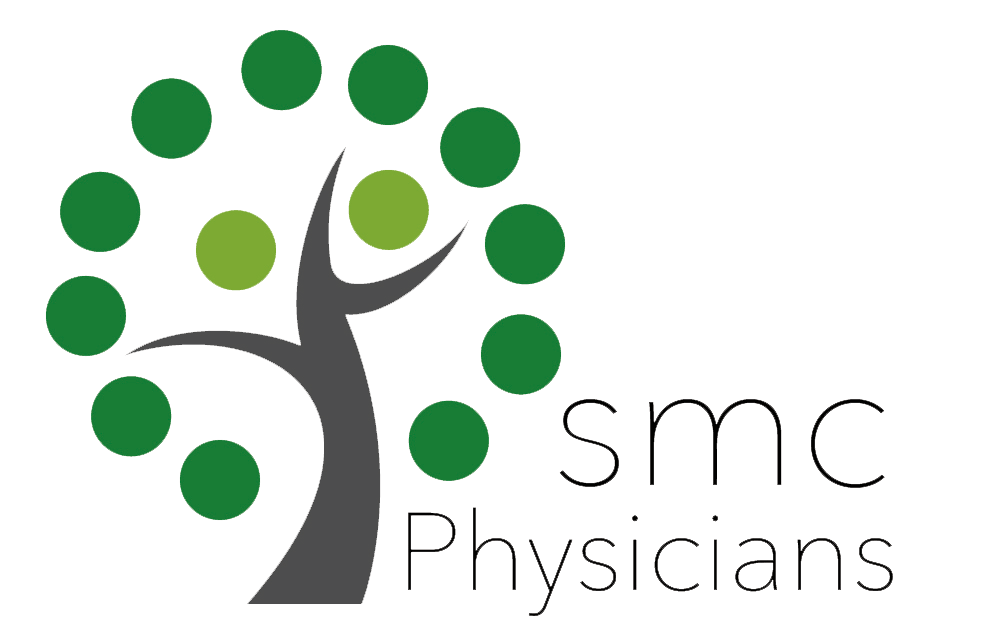Rheumatology
Adult Onset Still’s Disease
There are some medical conditions that baffle both patients and healthcare professionals alike, and one of them is a rare systemic inflammatory condition known as Adult Onset Still’s Disease (AOSD), that affects a small number of people.
Adult Onset Still’s Disease typically begins in adulthood. Its exact cause is unknown, but AOSD is thought to involve a combination of genetic and environmental factors. It is categorized as an inflammatory arthritis in which the immune system mistakenly attacks the body’s own tissues.
Adult Onset Still’s Disease tends to affect people in one of three ways:
- About one-third of people diagnosed with AOSD will have it for less than a year before their symptoms ease. They might require drug treatment for a bit longer to make sure the condition is completely under control.
- Another third of people will have flares of the condition before symptoms disappear completely. The flares may even be years apart, and they don’t always affect the joints. Symptoms may get easier to manage in later flares.
- Around one-third of people with AOSD will go on to develop long-term arthritis and may have flares quite regularly, with inflammation for a long time. In some people, AOSD can eventually cause permanent damage to the joints. The risk of this is reduced if the condition is brought under control with drug treatment.
Many people with AOSD can live a full and normal life with the right treatment.
What are the Signs and Symptoms of AOSD?
- High Fever: A persistent high fever that often spikes in the evenings is a hallmark symptom of Adult Onset Still’s Disease.
- Joint Pain and Swelling: Painful and swollen joints, often affecting the wrists, knees, and ankles, are common in AOSD.
- Rash: A salmon-pink rash may appear on the torso, arms, or legs, sometimes worsening with fever.
- Sore Throat: Some people experience a sore throat or enlarged lymph nodes.
- Fatigue: Overwhelming fatigue and general malaise are often present in AOSD patients.
- Other Symptoms: Additional symptoms may include muscle pain, weight loss, and an enlarged spleen or liver.
How We Diagnose the Condition
Due to its rarity and similarity to other conditions, AOSD is often challenging to diagnose. Elevated levels of inflammatory markers, such as C-reactive protein (CRP) and ferritin, are sometimes revealed in blood tests. We can also conduct imaging tests, such as X-rays or MRI scans, to evaluate joint damage and rule out other causes.
How is AOSD Treated?
- Non-Steroidal Anti-Inflammatory Drugs (NSAIDs): NSAIDs can help reduce the pain, inflammation, and fever associated with AOSD.
- Corticosteroids: In more severe cases, corticosteroids may be prescribed to suppress the overactive immune response.
- Disease-Modifying Antirheumatic Drugs (DMARDs): DMARDs, such as methotrexate or biologics, are often used to control symptoms and prevent long-term joint damage.
- Supportive Care: Rest, physical therapy, and lifestyle modifications can play a significant role in managing symptoms and improving overall well-being.
Choose SMC Physicians
If you suspect you may have Adult Onset Still’s Disease (AOSD) or know someone who does, seeking an evaluation with a healthcare professional is essential. With early diagnosis and appropriate treatment, many patients can effectively manage symptoms and lead fulfilling lives. Our Rheumatology team at SMC Physicians is here to provide expert care and support for those with AOSD. Schedule an appointment today to begin your journey to better health.
Conditions We Treat
We provide ultrasound-guided arthrocentesis (joint injections) of both steroids and gel injections such as Orthovisc and Synvisc.
We offer a state-of-the art private infusion center at each location, offering the following medications and more:
Our Rheumatology Locations:
Galloway
235 East Jimmie Leeds Road Galloway, NJ 08205
Hours:
Tuesday: 8:30am-4pm
Wednesday: 8:30am-4pm
Thursday: 8:30am-4pm
Cape May Court House
108 N. Main Street, Suite # 1, Cape May Court House, NJ 08210
Hours:
Monday: 8:30am-4pm
Tuesday: 8:30am-4pm
Wednesday: 8:30am-4pm
Thursday: 8:30am-4pm
Cherry Hill
51 Haddonfield Rd, Suite 160, Cherry Hill, NJ 08002
Hours:
Monday: 8:30am-4pm
Thursday: 8:30am-4pm
Friday: 8:30am-4pm
Toms River
442 Commons Way, Unit D, Toms River, NJ 08755
Hours:
Monday: 8:30am-4pm
Tuesday: 8:30am-4pm
Wednesday: 8:30am-4pm
Thursday: 8:30am-4pm
Friday: 8:30am-4pm




